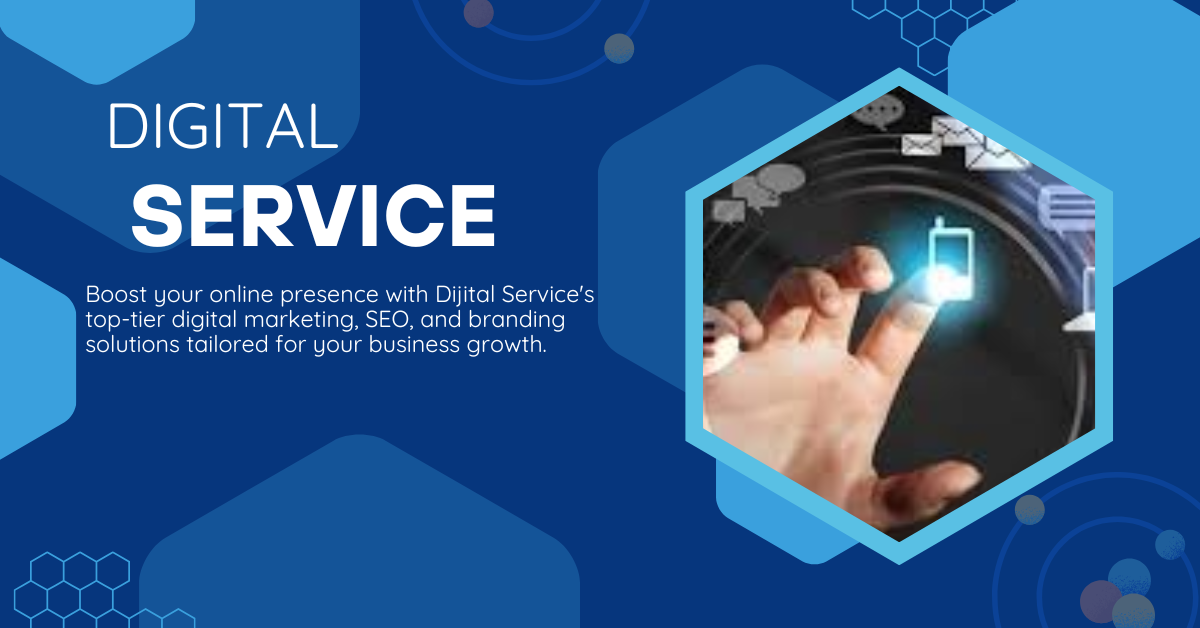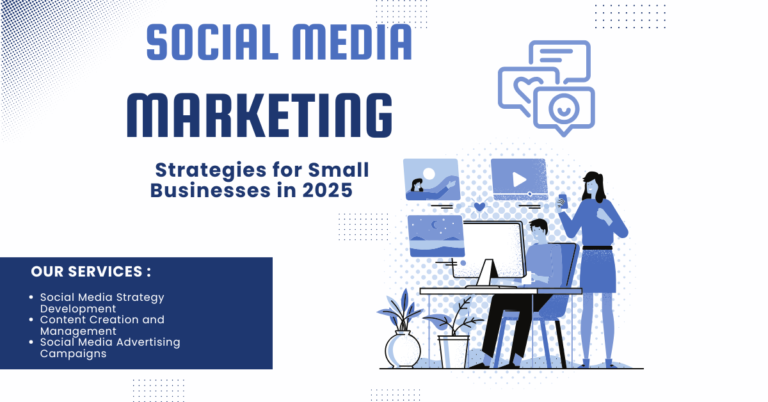The Evolution and Importance of Digital Marketing in Today’s Business Era
In today’s fast-paced business world, where change and innovation are the order of the day, digital marketing has become the strong pillar of effective marketing strategies that businesses utilize.
As the internet took over and became ubiquitous, and with the common use of digital devices by the populace on a daily basis, businesses have found it necessary to shift their marketing strategies.
They have to do so in a bid to access consumers in the very spaces that they spend most of their time: the internet. In this article, we explore the complex history of digital marketing over the years, look at its key elements that make it effective, and explore its huge impact in today’s business world.
The History of Digital Marketing Through the Ages
Digital marketing has certainly come a long way over the years since its birth in the early 1990s, emphasizing its development and flexibility. The first launch of the world’s first website in 1991 was a milestone that marked the beginning of a new era in the history of marketing and advertising strategies.
With the usage of the internet expanding and becoming increasingly common amongst the masses, so did the vast array of possibilities for various businesses to connect with each other and with customers. Also, the launch and development of search engines, the rise of social media platforms, and the mass use of mobile devices collectively transformed the strategies and methodologies that brands use to interact with their followers.
Key Points in the History of Digital Marketing
Search Engine Optimization, or SEO, has become paramount in the online era. With the advent of search engines and their becoming the primary method of searching and finding information on the vast canvas of the web, firms understood the need to optimize their sites.
This optimization is specifically to attain better ranks on search engine results. SEO has evolved over the years into a complex and multidisciplinary process that includes a host of variables, ranging from intense keyword research to strategic content creation and fundamental technical optimization.
Pay-Per-Click Advertising (PPC):
Google AdWords, launched in 2000, transformed online advertising. Companies could now bid on keywords to show their ads in search results, enabling targeted advertising and quantifiable return on investment.
Social Media Marketing:
The emergence and swift growth of popular social media sites like Facebook, Twitter, and Instagram in the mid-2000s brought with it thrilling and revolutionary possibilities for brands to engage and communicate with their consumers more directly and personally.
Social media marketing has been a fundamental aspect of the digital age today that is required not only for building and strengthening brand awareness but for building and creating strong customer relationships, eventually resulting in more sales and revenue generation for companies.
Content Marketing:
With consumers becoming ever more discerning and choosy in their purchases, there has been a remarkable shift in attention away from conventional advertising methods to the production and delivery of quality, valuable content.
Presently, a wide range of formats including blogs, videos, infographics, and podcasts have become indispensable and integral parts of successful digital marketing campaigns, contributing immensely to assisting brands in establishing their expertise in their respective sectors as well as gaining enduring trust among their target groups.
Email Marketing:
Even with the enormous growth and popularity of social media platforms, email marketing continues to be an extremely powerful and effective way of directly engaging with customers. Targeted email campaigns,
crafted according to the unique preferences and behaviors of people, can have a significant impact on engagement and conversion rates, making email marketing a solid pillar of the ever-evolving digital marketing strategies.
Data Analytics and AI:
The phenomenal ability to collect, measure, and interpret enormous amounts of data has totally revolutionized the digital marketing space in a number of important ways.
Businesses today are provided with the unprecedented ability of observing and analyzing user behavior in real-time, measuring the success of their numerous marketing campaigns in detail, and leveraging the strength of artificial intelligence to amplify and fine-tune their marketing campaigns for maximum impact.
Key Components that Comprise Digital Marketing Internet marketing is an omnipresent sector that involves a wide-ranging array of practices and media with every component in itself playing a meaningful role towards the overall strength of a cohesive marketing strategy.
Under such circumstances, it is required to examine some of the most significant features that constitute the constantly changing spectrum:
Search Engine Optimization (SEO):
Increasing site ranking in search engine results with keyword optimization, good content, and technical enhancements.
Content Marketing is the intentional development and judicious sharing of extremely valuable content whose ultimate aim is to draw and engage a precise target audience. This is all ultimately meant to drive customer activities that are in the company’s best interest.
Social Media Marketing:
It is the use of numerous social media websites for strategic purposes in order to effectively market different products, participate in good customer interactions, and build strong brand loyalty with customers.
Email Marketing is the process of sending well-crafted and focused emails with the express purpose of creating leads, effectively marketing different products, and building solid and long-term customer relationships.
Pay-Per-Click Advertising (PPC):
Search engine and social media advertising with sponsored ads for driving traffic and conversion.
Affiliate Marketing is a technique that involves entering into alliances with different affiliates to promote effectively a variety of products and services.
In this setup, the affiliates are paid in the form of a commission for each sale that is generated as a direct consequence of their promotional efforts.
Influencer Marketing: Partnering with influencers to post to their audience and leverage their influence to market products.
Analytics and Data Analysis:
Utilizing tools to monitor and measure marketing performance to facilitate data-driven decision-making.
The Significance of Internet Marketing
In this current era dominated by digital technology and e-interactions, the importance of digital marketing is something that can never be overstated.
There are several strong reasons that substantiate the fact that it is absolutely critical for companies to give their digital marketing activities topmost priority:
Broader Reach:
Internet marketing enables companies to connect with a worldwide audience, overcoming geographical limitations that conventional marketing strategies encounter.
Cost-Effectiveness:
Online marketing is generally less costly than the traditional method of marketing, thereby allowing businesses of all sizes to compete.
Targeted Marketing:
Online marketing offers targeted marketing which is based on demographics, online activity, as well as individuals’ interests and makes sure that your advertising is to the correct consumer.
Measurable Results:
With sophisticated analytic tools, enterprises are able to monitor the result of their campaign in real time, enabling changes to be implemented promptly and achieving better ROI.
Increased Interaction:
Internet marketing allows two-way communication between consumers and businesses, and businesses can establish relationships and collect precious feedback.
Flexibility:
The internet is a dynamic medium, and companies can immediately change their strategies to keep up and meet the needs of the consumers. Conclusion Digital marketing has transformed the way businesses interact and communicate with their customers and is now an integral part of any effective marketing strategy.
With each new development and evolution in technology, the techniques and tools of digital marketing will also change in line with such developments. Firms that decide to embrace and accept such changes and invest in digital marketing campaigns will be poised to thrive in a more competitive environment. With consumers being connected all the time,
the function of digital marketing cannot be overemphasized, and its role in determining the direction and future of business is immense.





